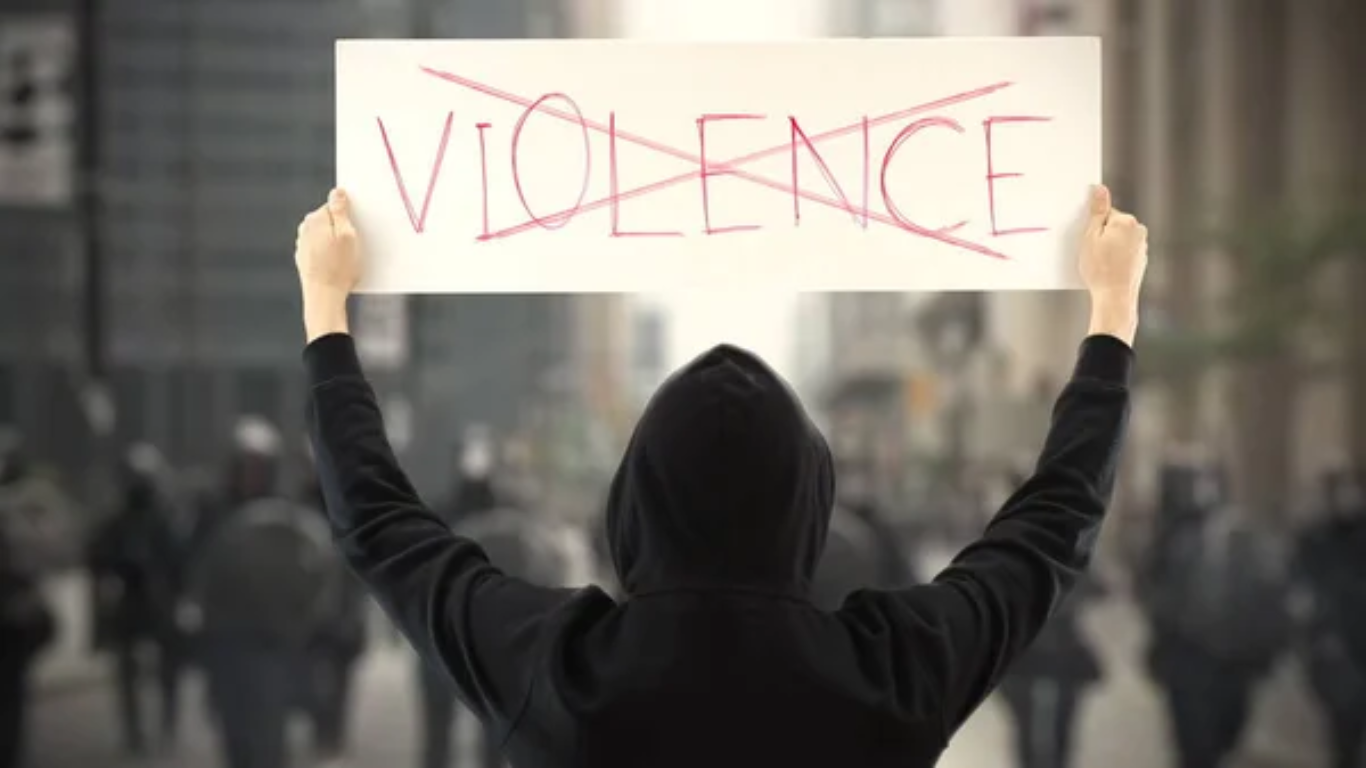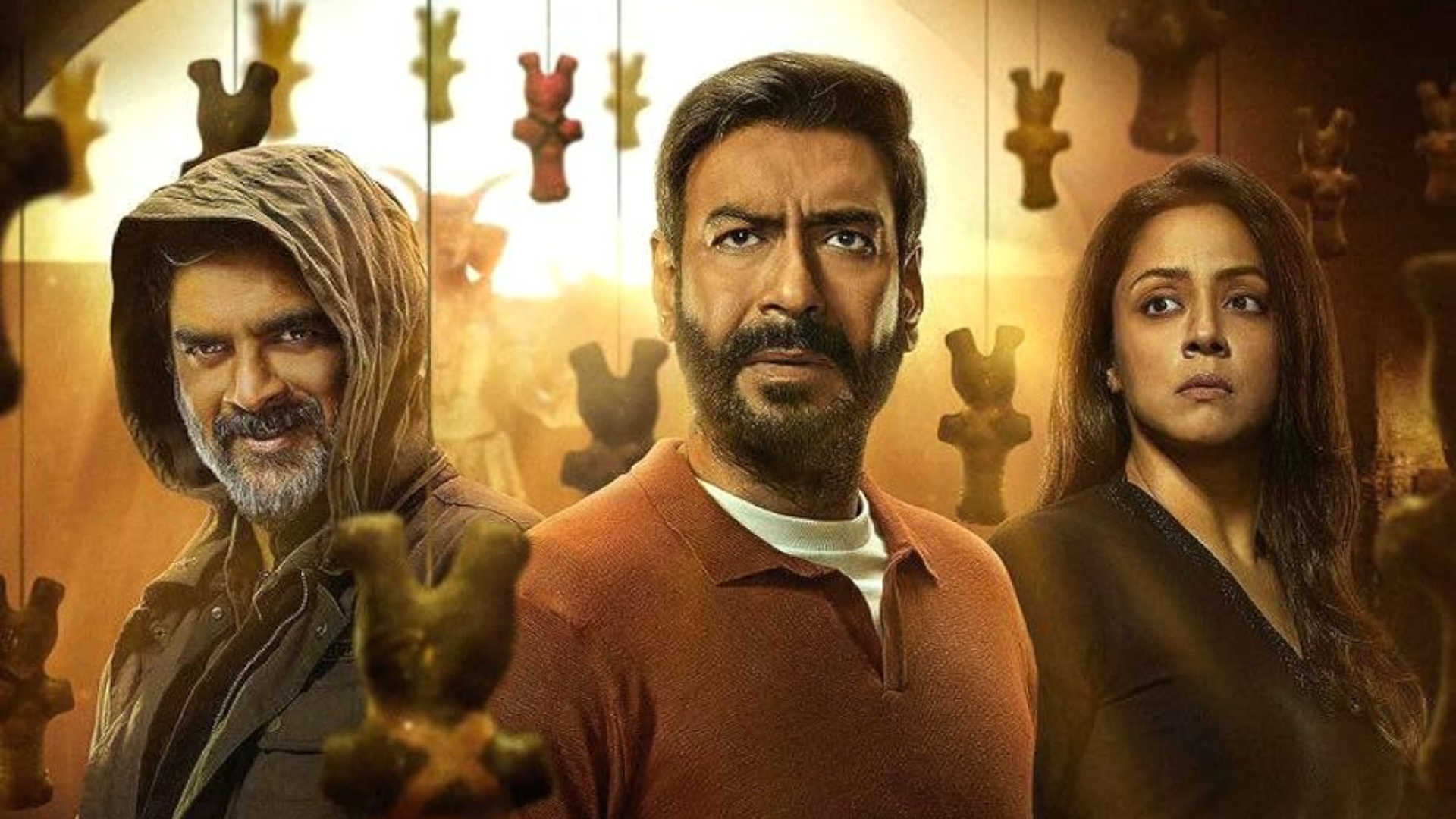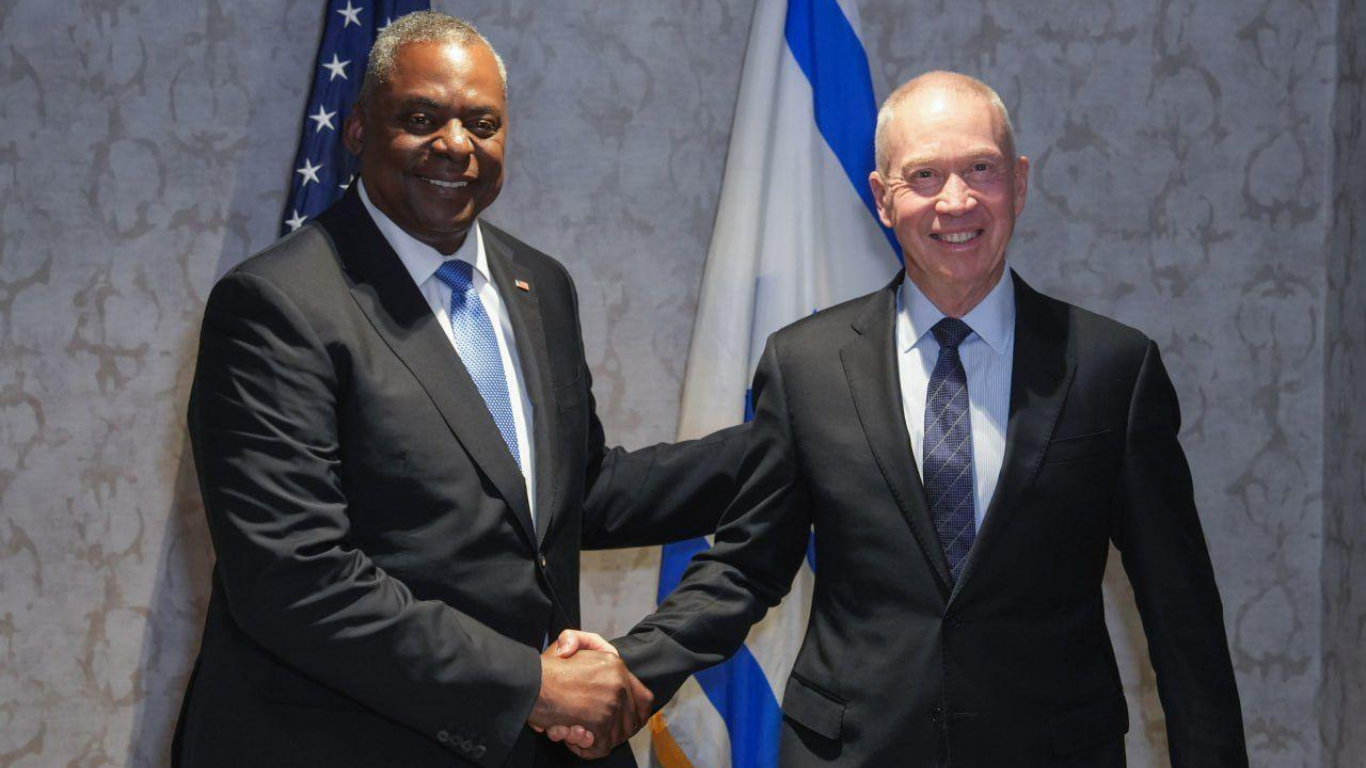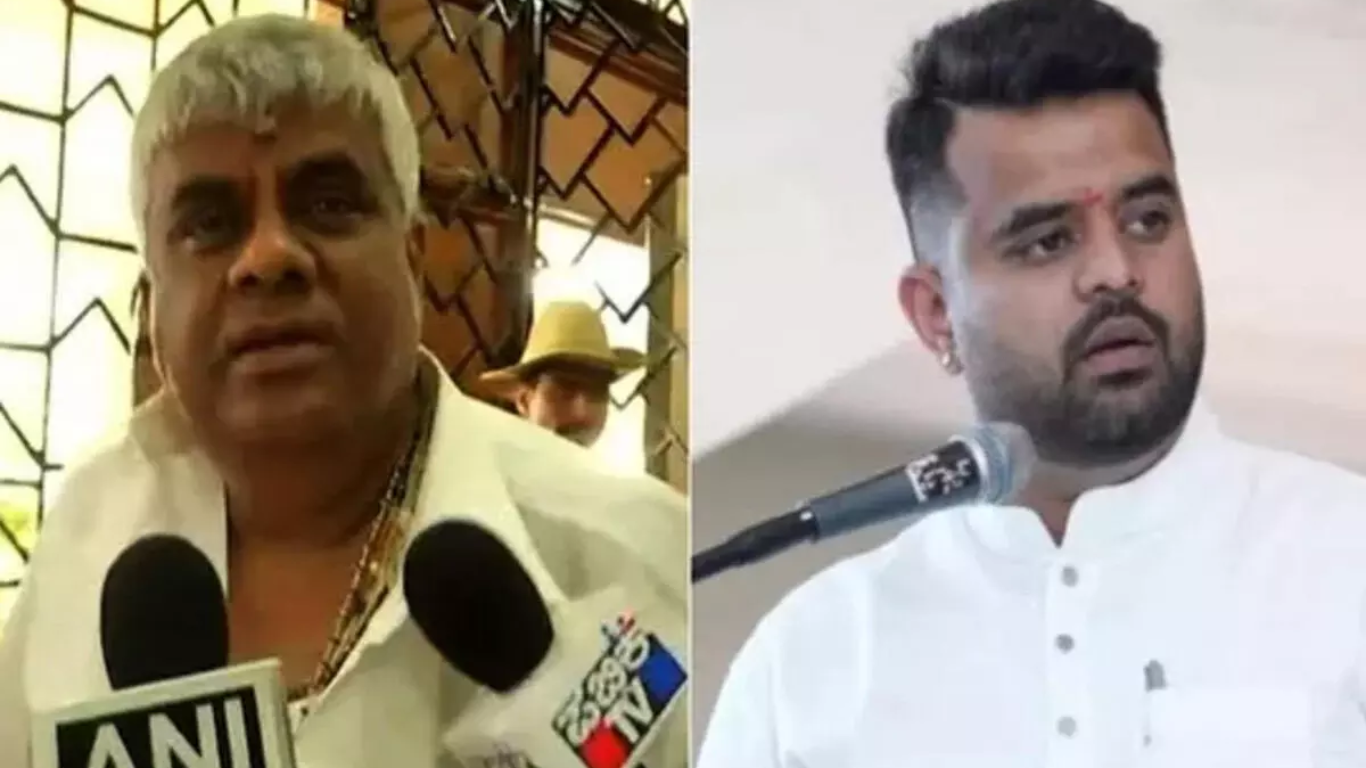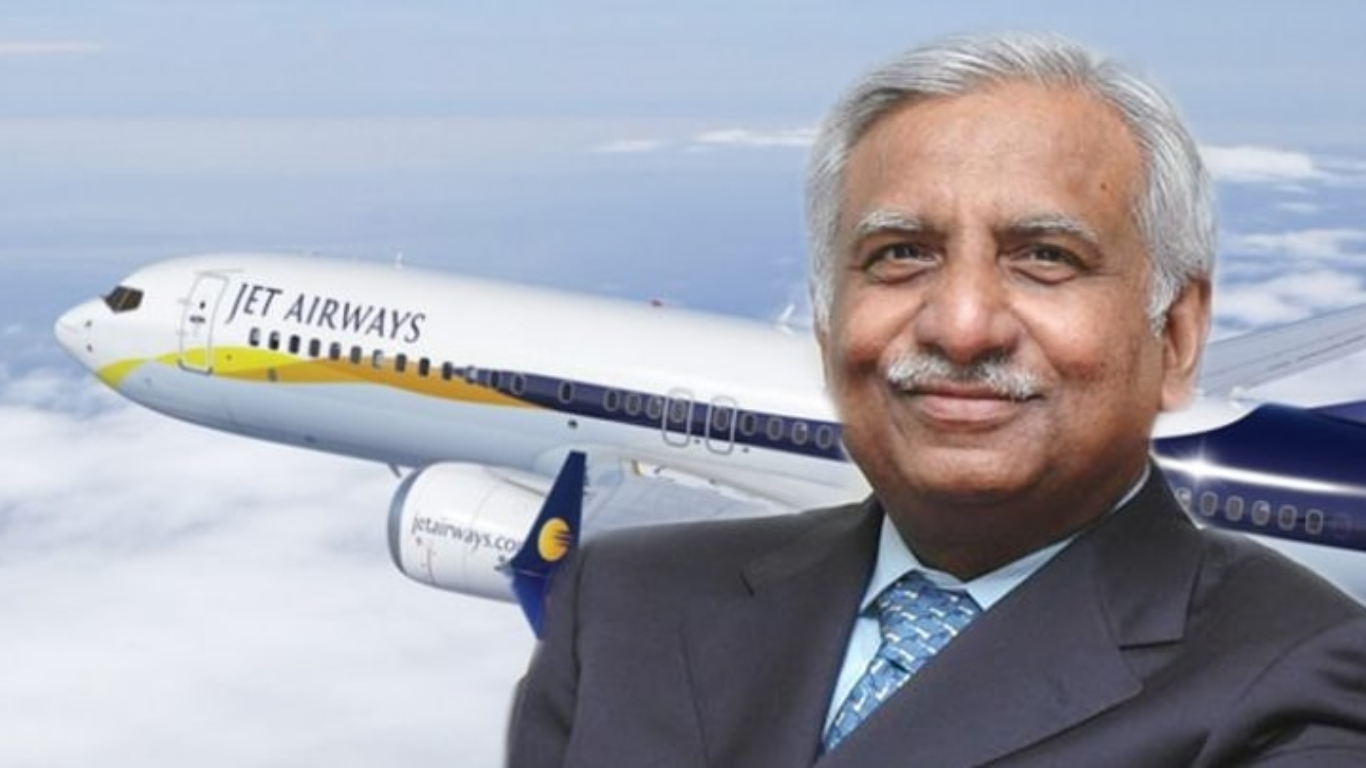


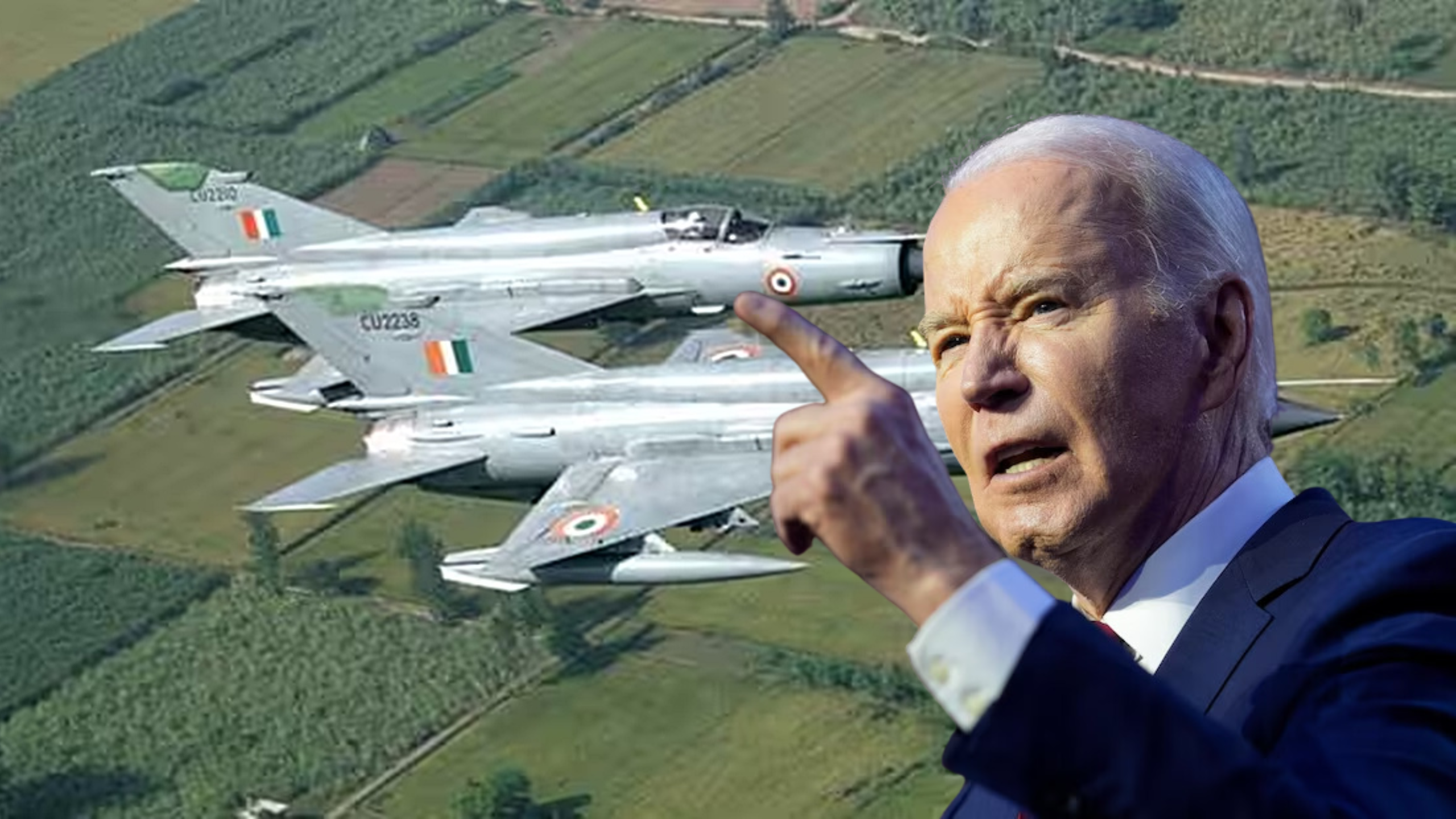
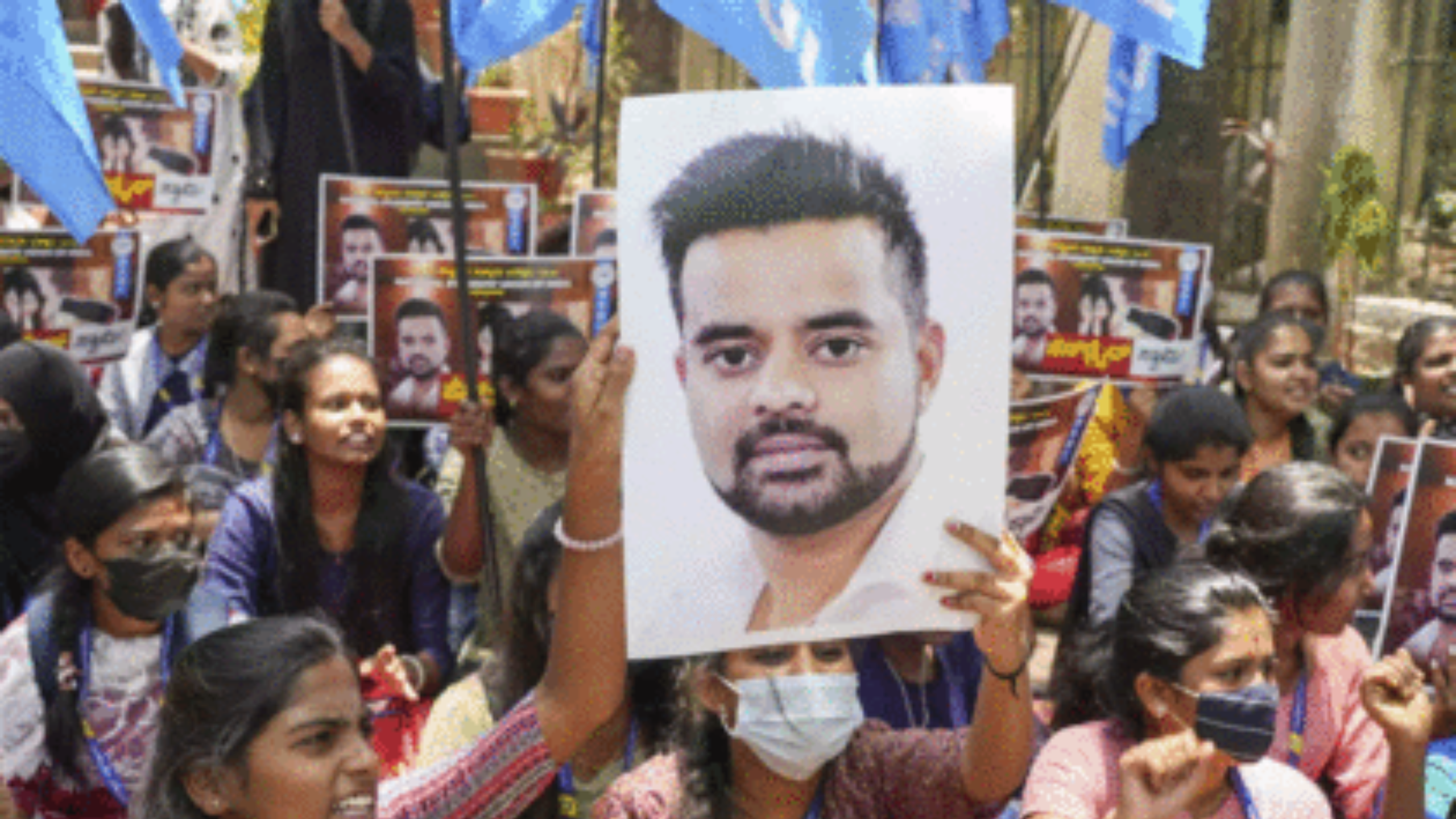

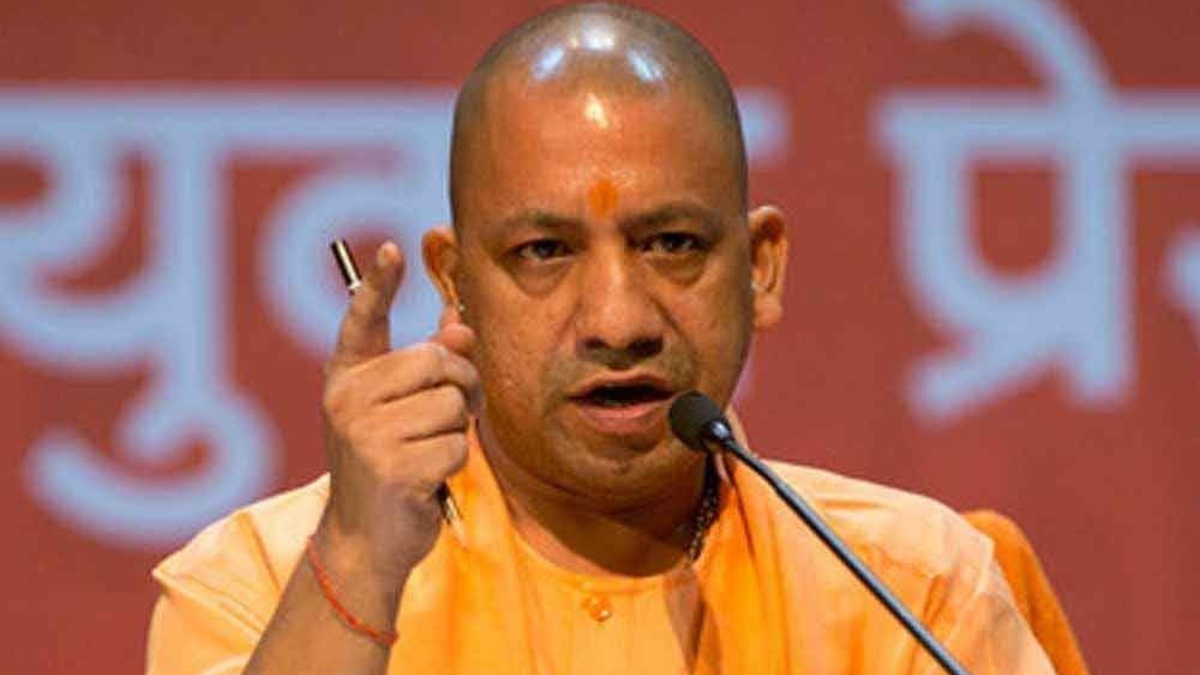

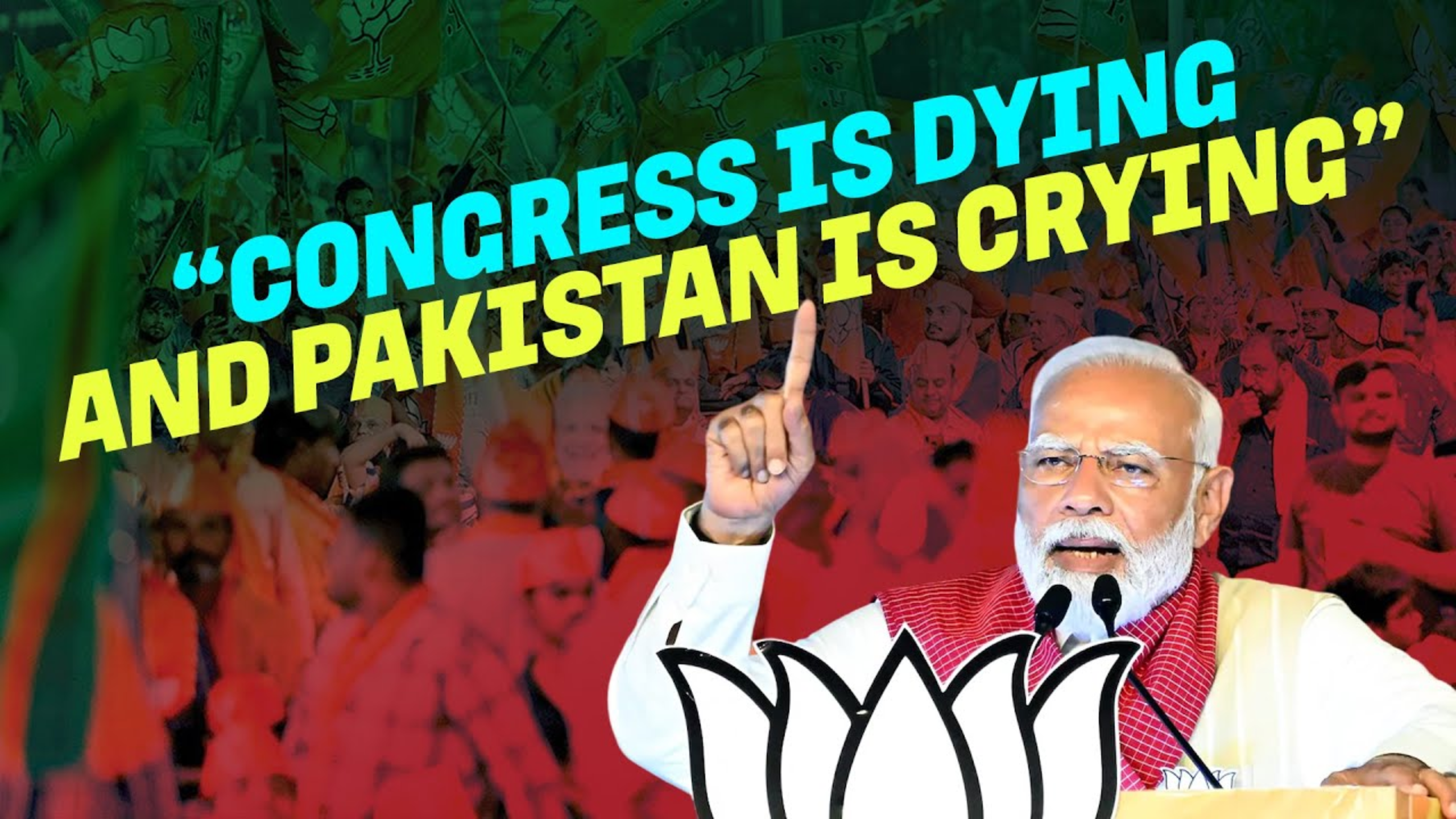
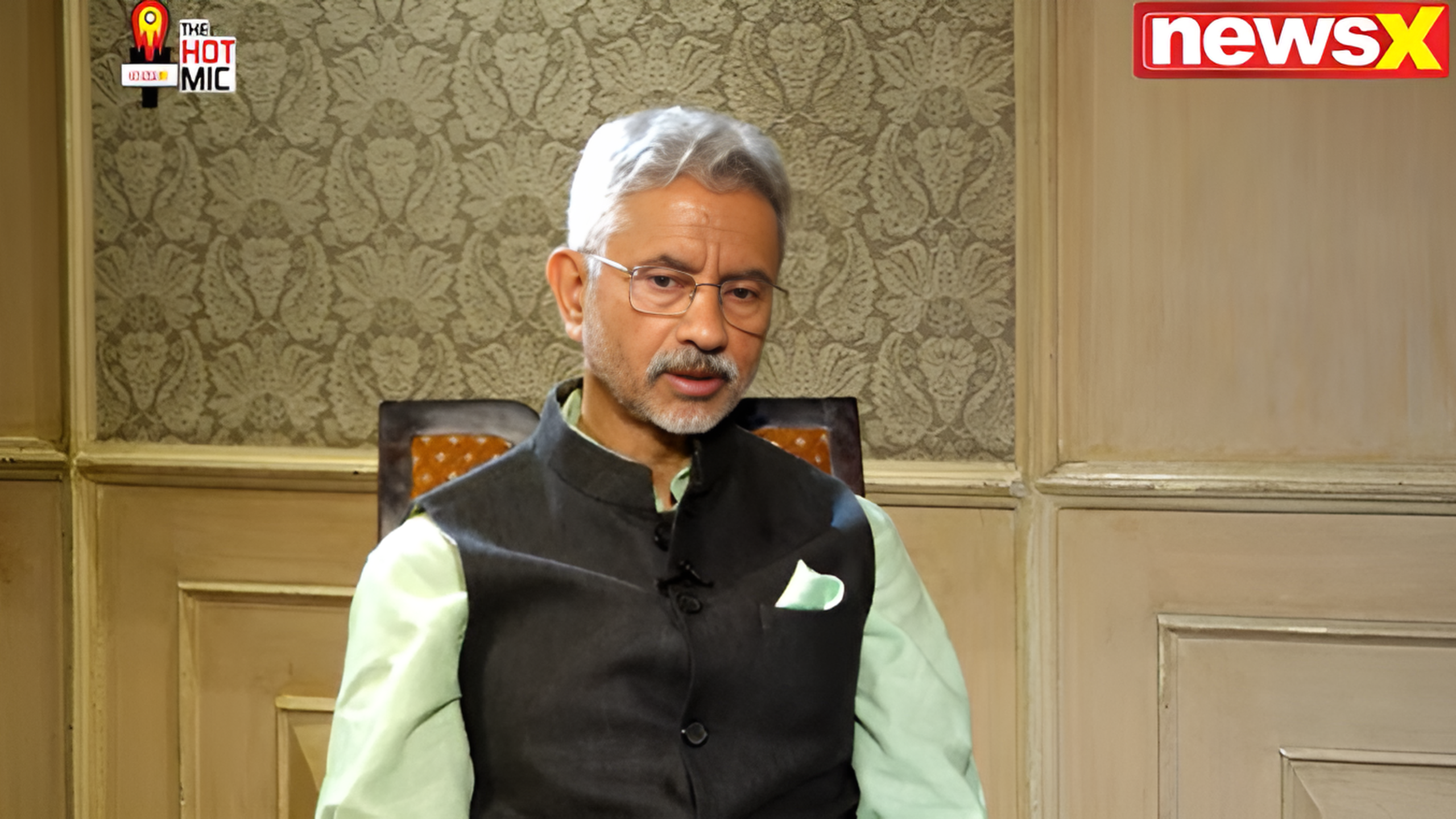
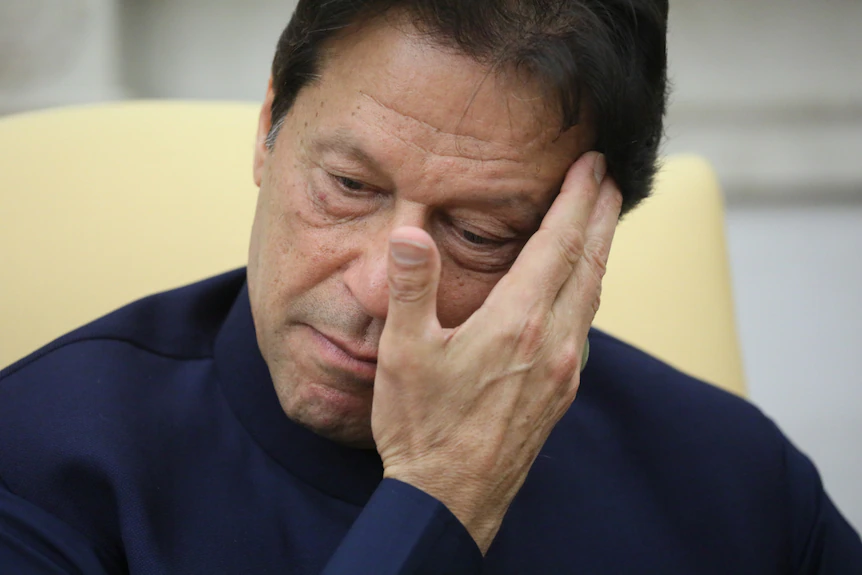
According to local media, a Pakistan district and sessions court convicted former Prime Minister Imran Khan to three years in prison in the Toshakhana case, for unlawfully selling official goods, and barred him from politics for five years.
According to sources, the court also fined the PTI chief Rs 100,000.
Imran Khan was detained from his Zaman Park home in Lahore shortly after being convicted in the Toshakhana case today, according to Geo News.
According to Dawn, the trial court declared today that the accusations against the former prime minister in the case were proven during a hearing presided over by Additional District and Sessions Judge (ADSJ) Humayun Dilawar.
“Imran Khan deliberately submitted fake details [of Toshakhana gifts] to the ECP and is found guilty of corrupt practices,” he stated and sent the PTI chief to jail for three years under Section 174 of the Election Act.
A huge police presence was stationed outside the courthouse ahead of today’s hearings, with only attorneys permitted inside.
The news comes after the Islamabad High Court (IHC) on Friday declared the session court’s decision in the Toshakhana reference against Pakistan Tehreek-e-Insaf (PTI) Chairman to be unconstitutional and ordered the lower court to rehear the case.
The Election Commission of Pakistan (ECP) postponed the indictment of former Pakistan Prime Minister Asif Ali Zardari in the Toshakhana case on August 2, according to Pakistan-based Dawn.
Earlier on July 3, Imran Khan lashed out against the Shehbaz Sharif administration, stating that the administration “made a plan” to throw him in jail and that the entire drama surrounding his detention was “pre-planned.”
Giving clarification over the allegations in the Toshakhana case, Khan claimed that the gifts were sold “as per the rules” and everything has been declared in FDR.
“As per the law, when PM, President, Army Chief receives gifts, it goes to Toshakhana, where it is valued. It is done through an FDR, with an initial value and then an appraisal. If there are any excess value, they give the option of purchasing. This is the rule. Under this I took many gifts and refused others. Whatever I sold, is declared in FBR and is under capital gains tax. What is wrong here? Also, under this case, NAB, Election Commission and FIR is also filed. It is just not possible that three cases are, being run on the same issue,” he had then said.
The case involves allegations that the former prime minister “deliberately concealed” details of gifts he kept from the Toshakhana (a repository where gifts handed to government officials from foreign officials are kept) during his tenure as prime minister, as well as proceeds from their reported sales.
The Toshakhana case registered by ruling party lawmakers is based on a criminal complaint filed by the Election Commission of Pakistan (ECP), as per the Dawn report.
Gifts and other similar items received by those to whom these regulations apply must be reported to the Cabinet Division, according to Toshakhana guidelines. Notably, PTI Chairman Imran Khan has been involved in a number of court matters involving the retention of gifts. The election commission has also disqualified him because of the matter.
On May 9, this year, former Prime Minister and PTI Chairman Imran Khan was detained from inside the High Court in Islamabad by the National Accountability Bureau (NAB) on corruption accusations related to the Al-Qadir Trust, which he co-owns with his wife, Bushra Bibi.
Following Khan’s arrest, his party called for protests, several of which turned violent.
The administration resorted to crackdown and many arrests were made across the country. The people accused in the May 9 violence are being tried at military courts.



